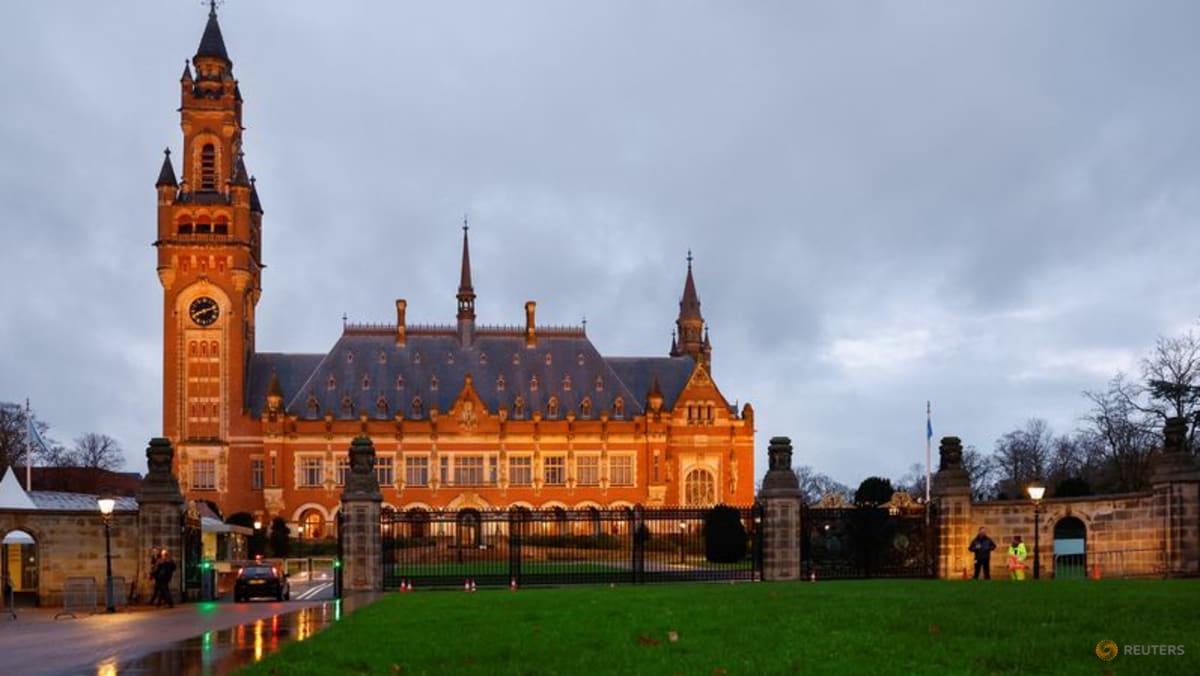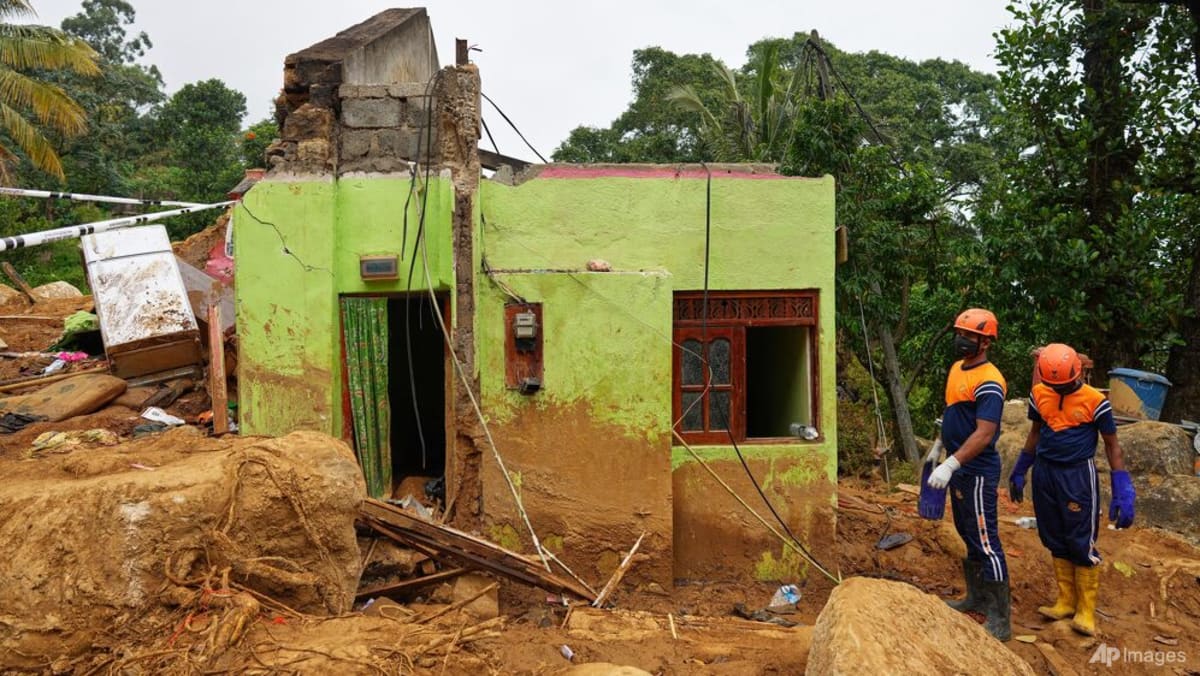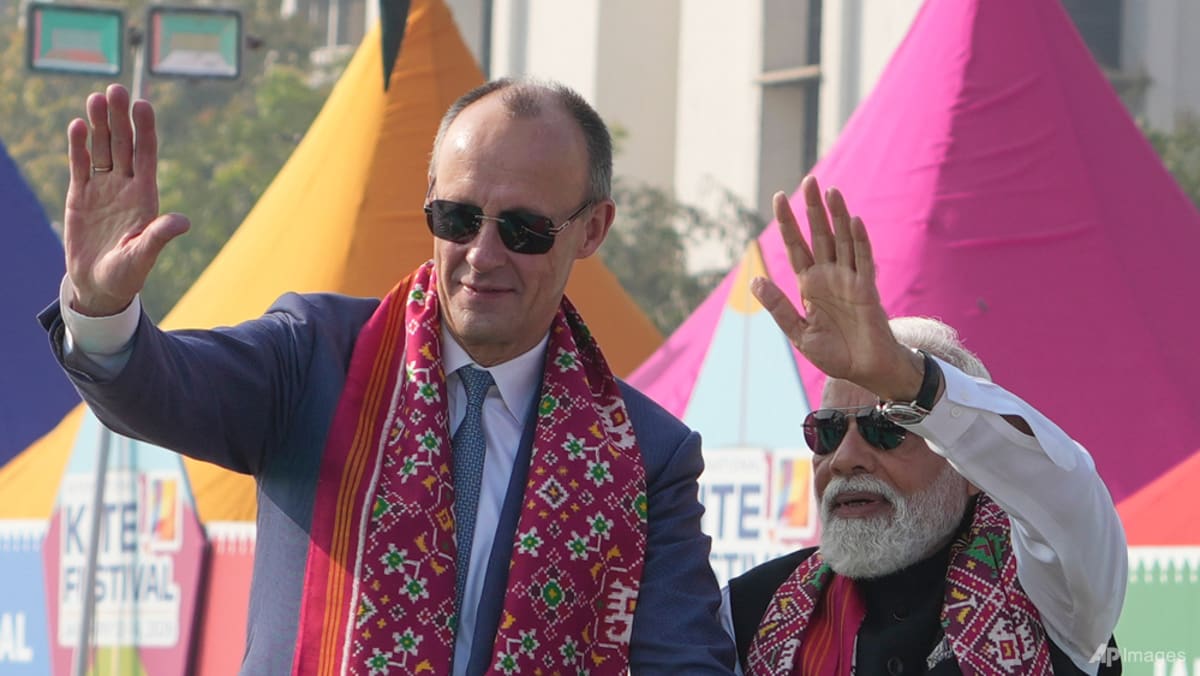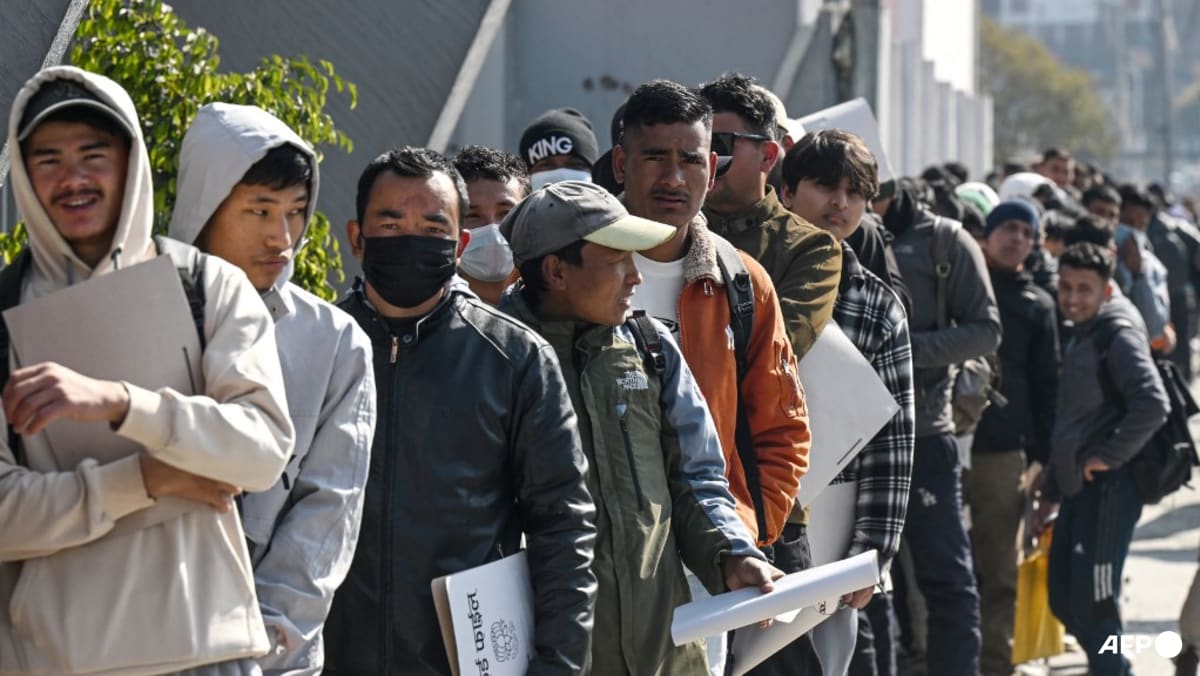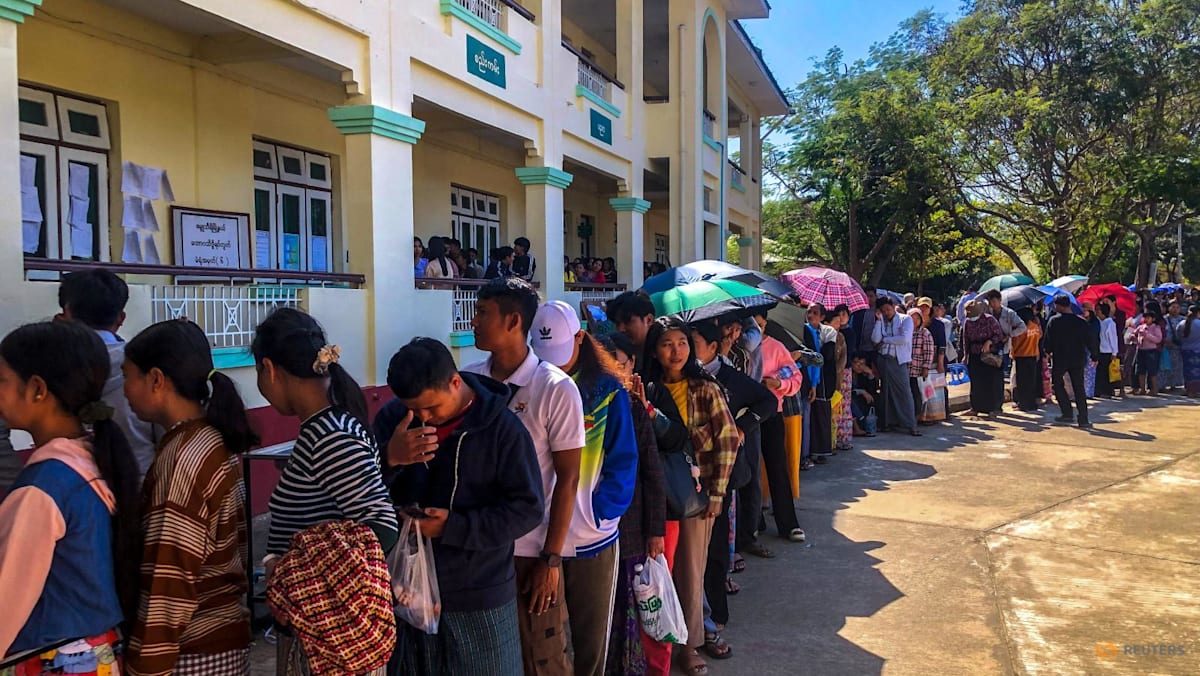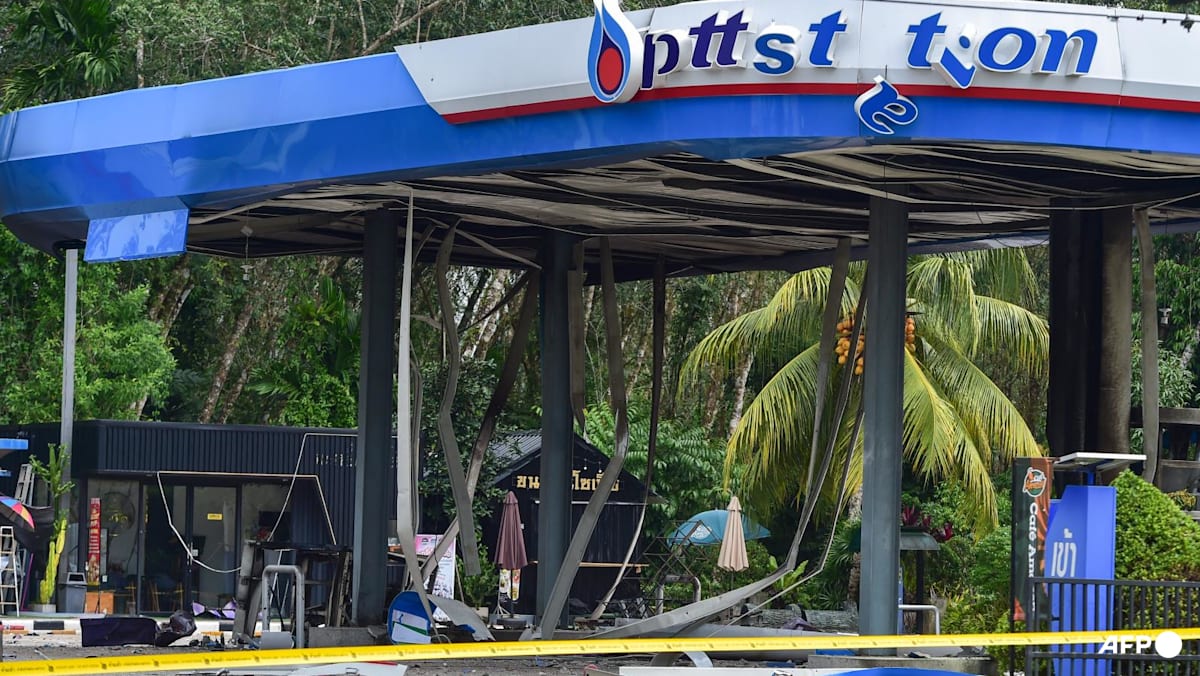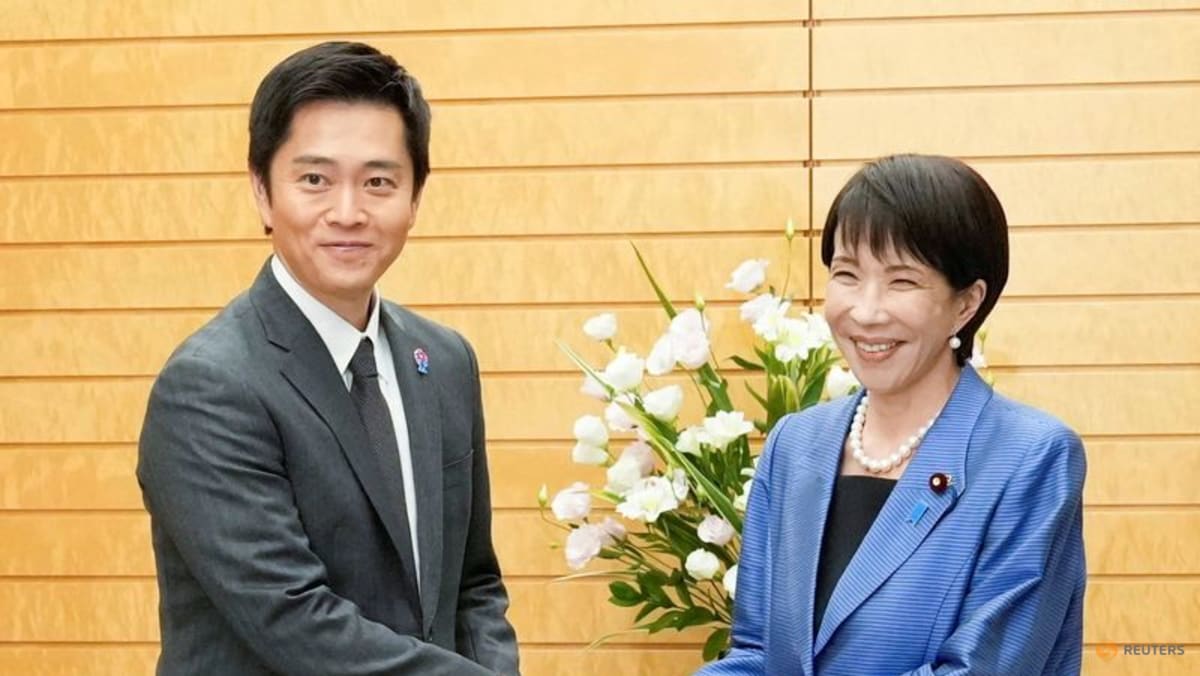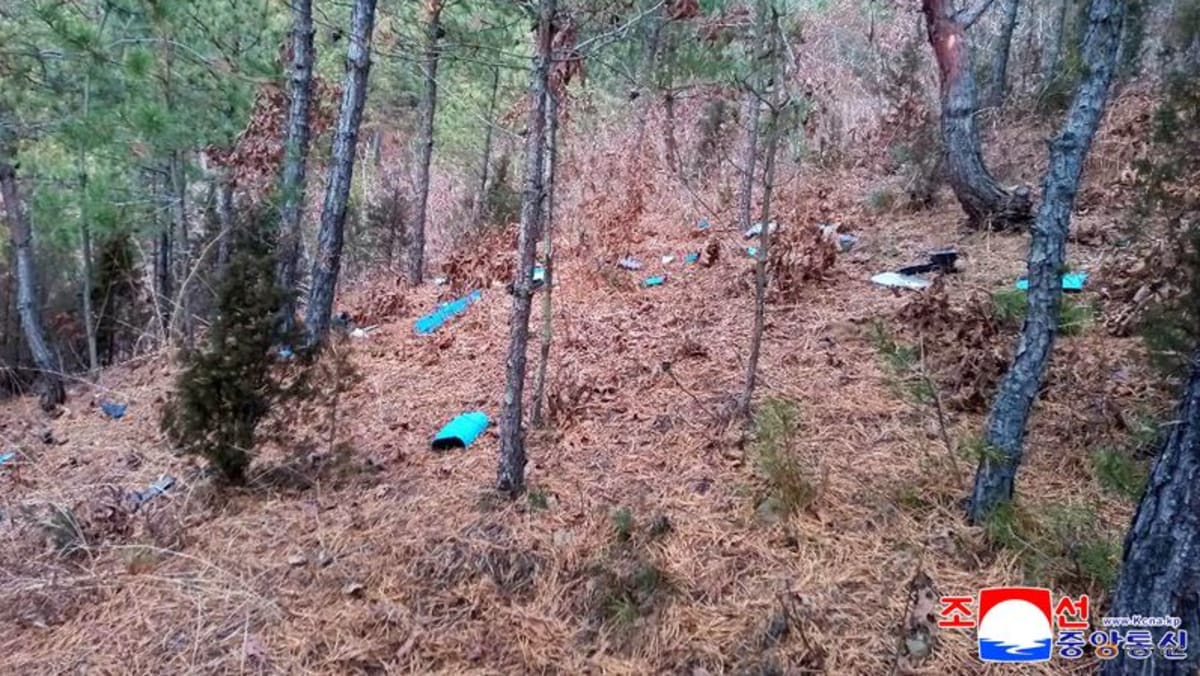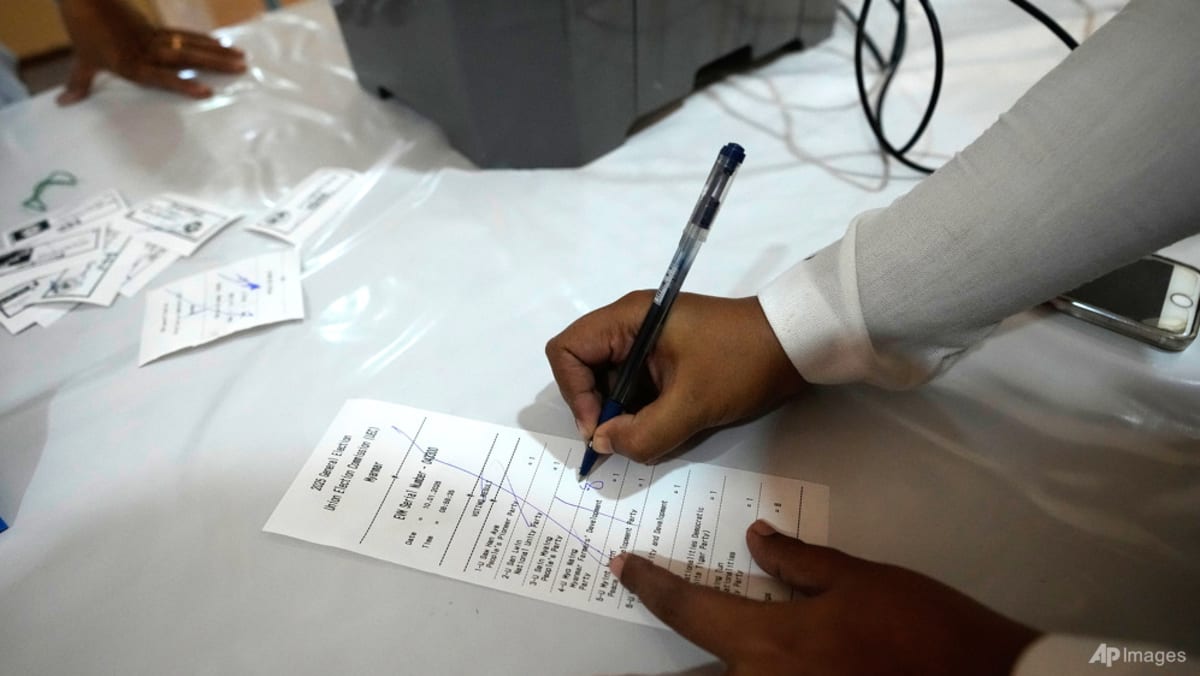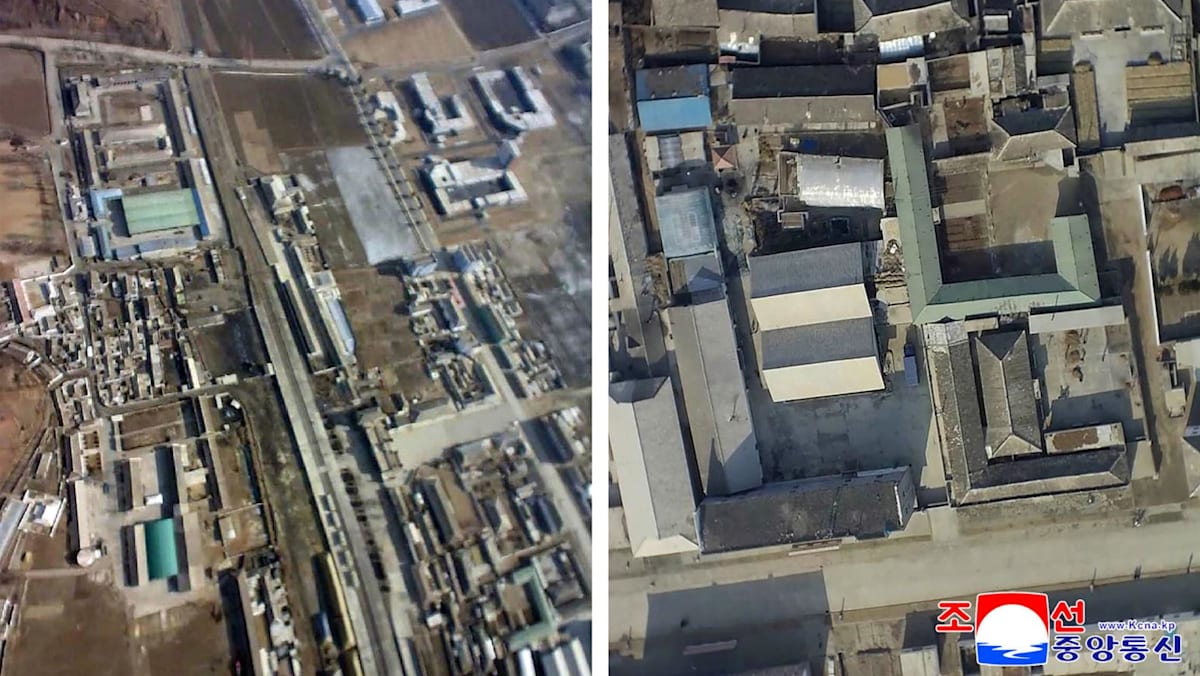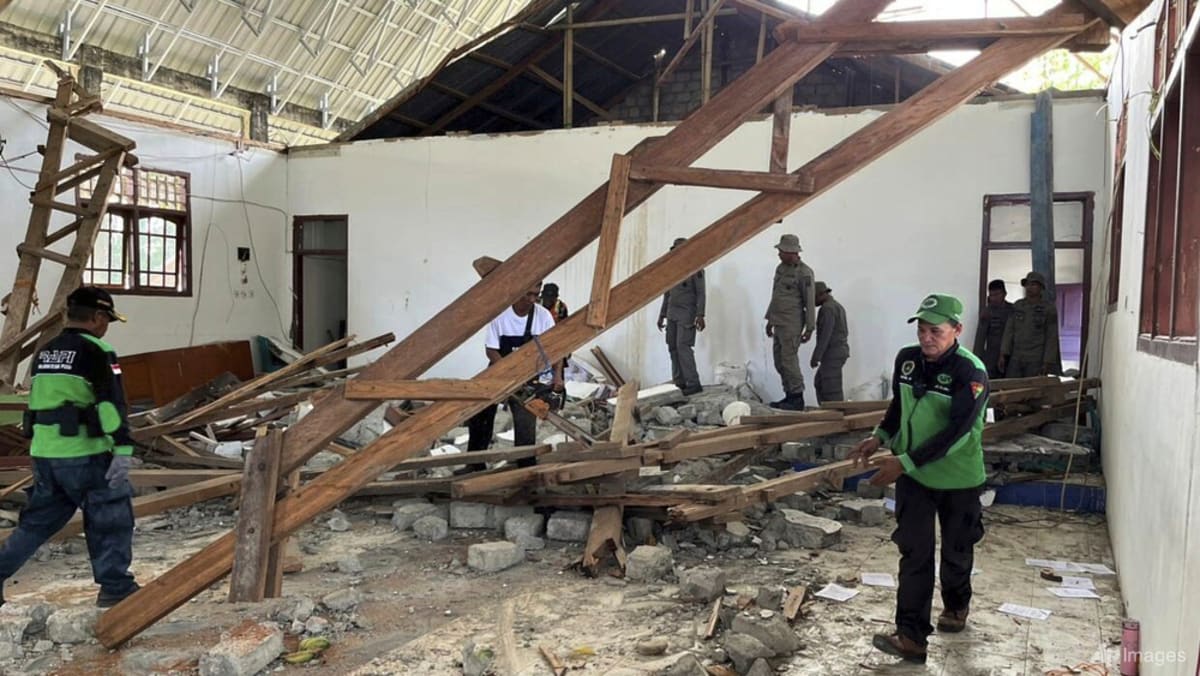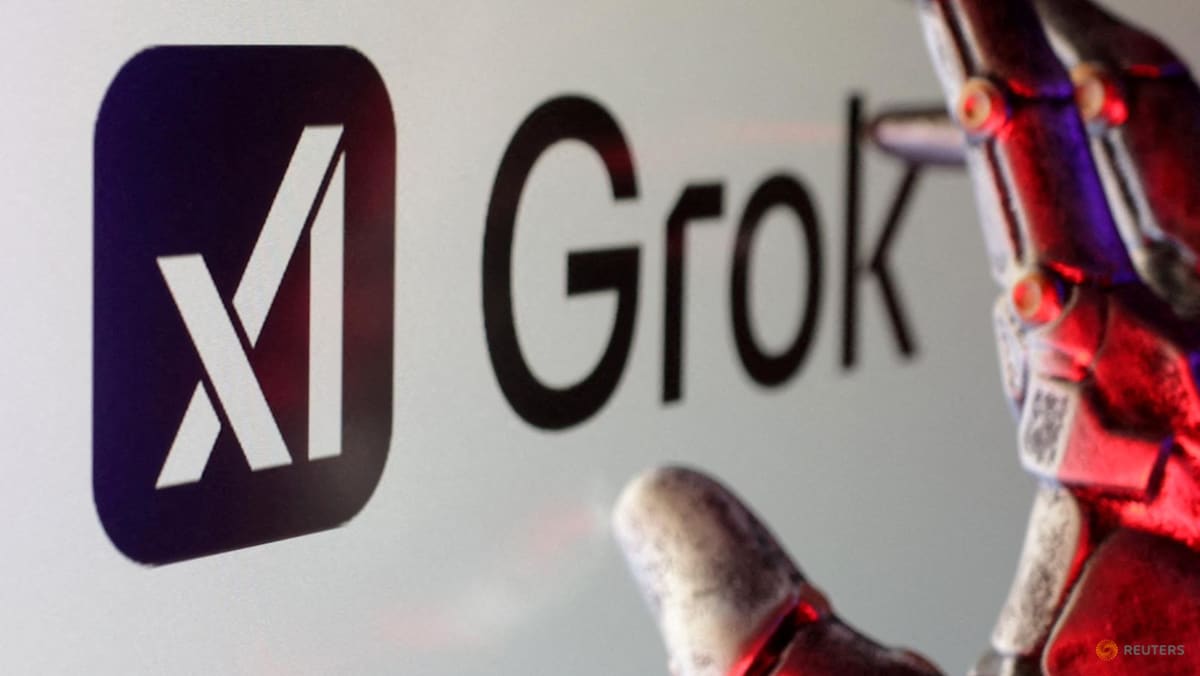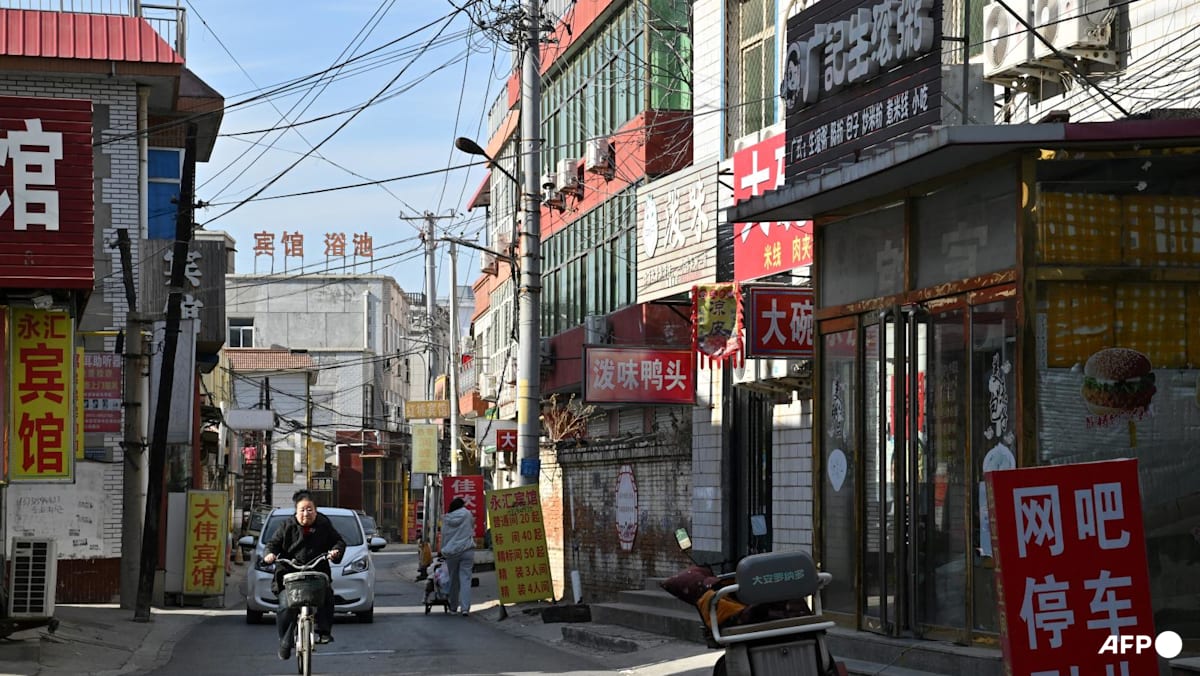Surprise early release of Thai hostages in Gaza reveals kingdom’s special inside access to Hamas
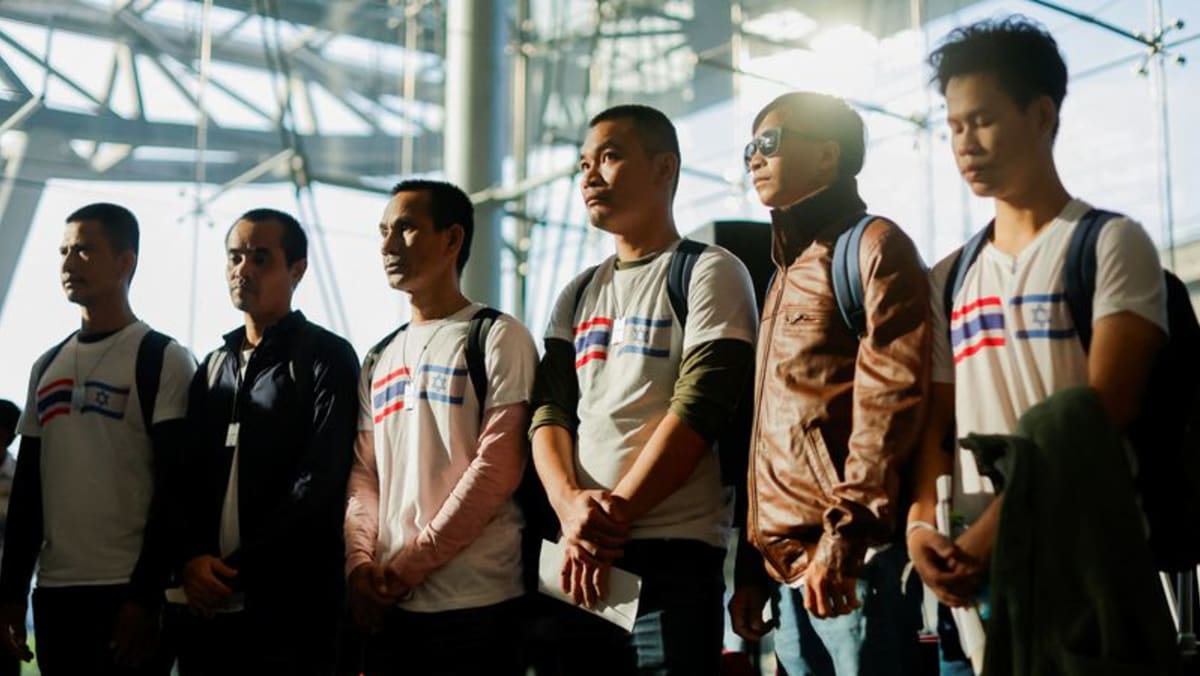
Besides the meeting with Hamas, Dr Lerpong’s team also met with Iran’s influential figures in October to seek their help with the hostage release.
Concurrently, the Thai government held parallel talks with allies in the Islamic world. Prime Minister Srettha Thavisin had an audience with Saudi Arabia’s Crown Prince Mohammed bin Salman and discussed the situation.
Foreign Minister Parnpree Bahiddha-Nukara, meanwhile, travelled to meet his counterparts in Egypt and Qatar. He also sought a meeting with Iranian Foreign Minister Hossein Amir-Abdollahian in Doha and called for Tehran’s help with the release of Thai hostages.
According to the Iranian foreign ministry, Mr Abdollahian conveyed the message to “high political officials of the Hamas movement” during a separate meeting in the Qatari capital.
“Thailand has used various diplomatic channels,” said Dr Jaran Maluleem, a political scientist professor specialising in Middle Eastern affairs from Thammasat University.
He noted that Thailand’s recognition of Palestine as a state and its status as an observer country of the Organisation of the Islamic Cooperation had also contributed to the safe return of the Thai hostages.
“These positive signs have placed us in the safe zone in the hostage situation,” the professor added.
NEUTRAL DIPLOMACY: A LESSON TO BE LEARNT
Last week, the Thai foreign minister conveyed the appreciation from the Thai government to diplomats from Iran, Qatar, Turkey, Egypt and Malaysia for their countries’ assistance in the hostage release.
While Thailand maintains its neutral diplomacy that supports the two-state solution for Israelis and Palestinians, analysts say there are lessons to be drawn from the hostage situation.
According to Dr Jaran from Thammasat University, the state should learn to better project impartiality in its foreign diplomacy. He referred to the Thai prime minister’s condemnation of Hamas’ attack on Israel, calling it “a mistake”.
“We must emphasise our neutrality more when it comes to our relations with any foreign country. Leaning towards any country in particular makes us lose the balance of power significantly,” he told CNA.
On Oct 7, Mr Srettha posted on social media: “I condemn the attack on Israel, an inhumane attack that caused innocent people to lose their lives and get hurt. I’d like to express my deepest condolences to the government and the people of Israel. This incident shouldn’t have happened”.
The Thai foreign ministry also issued a statement on the same day, asking all sides to avoid adding more tension to the conflict and denouncing the use of violence.
Meanwhile, the release of Thai hostages has highlighted Thailand’s relations with Iran.
Besides the diplomatic ties that date back centuries, Middle East expert Dr Arthit said Shia Muslims in Thailand also play a key role in maintaining a good relationship with Tehran and that such connections contributed to the successful release of the Thai hostages.
“Hamas is fairly dependent on Iran. So, they have to listen to Iran’s suggestion and request regarding the release of Thai people,” Dr Arthit pointed out.
Moving forward, he added, Thailand should strengthen ties with such allies, whose influence in the Middle East and beyond could help the kingdom in future crises.
“I think this should lead Thailand to review its bilateral relations,” Dr Arthit told CNA.
Source: CNA


